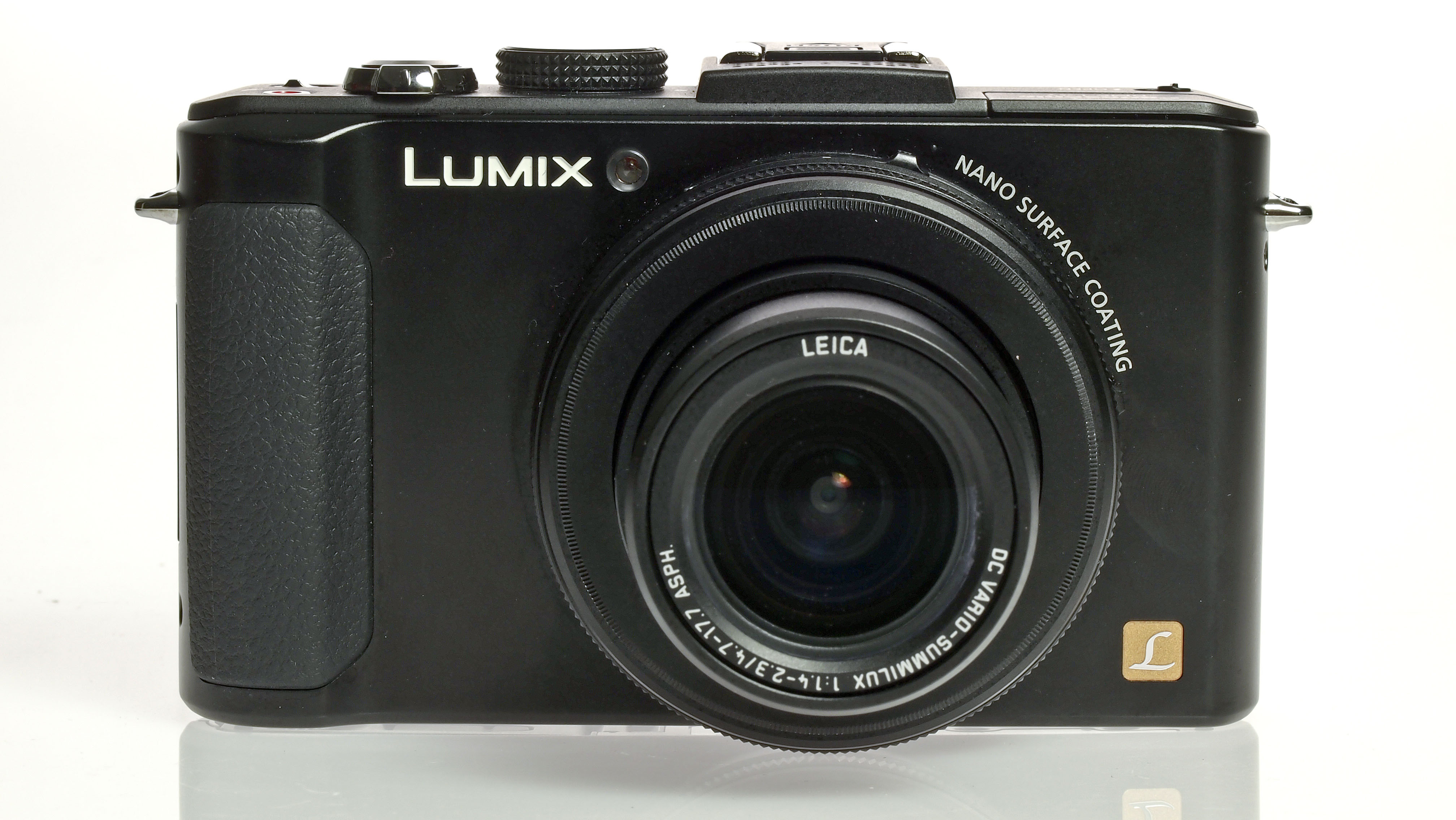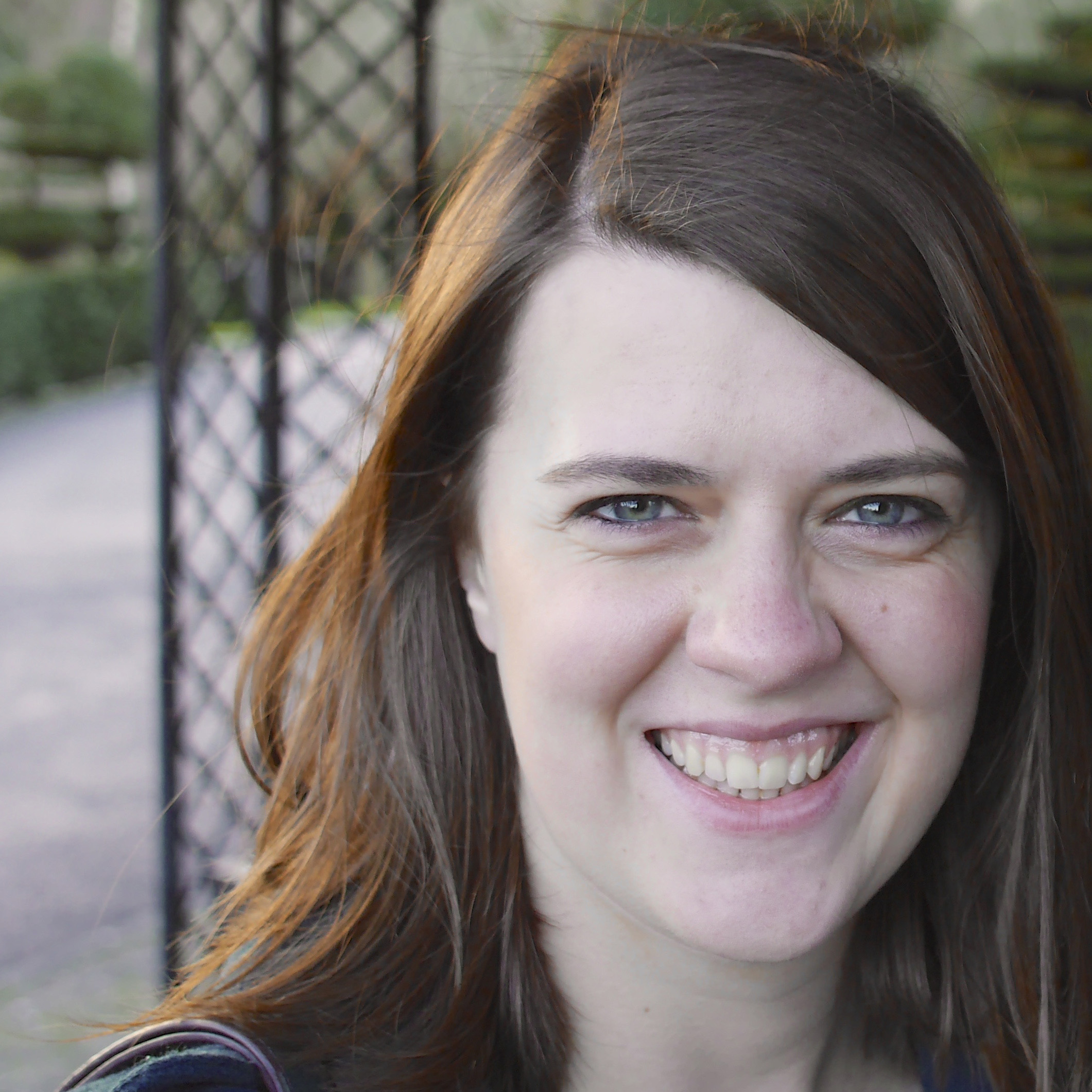Why you can trust TechRadar
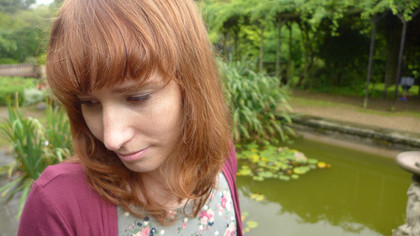
Click here to see the full resolution image
Despite the fact that the Panasonic LX7 uses a small sensor, it still manages to produce pleasing depth of field effects and capture an impressive amount of detail. Four different aspect ratios are available, with this demonstrating 16:9.
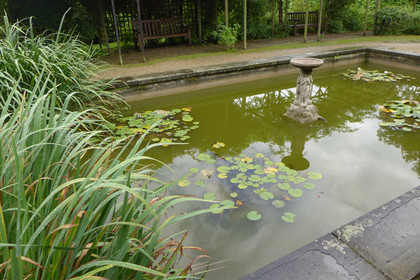
Click here to see the full resolution image
Colours are represented well by the Panasonic LX7 in the majority of cases, producing images that are bright and colourful, without being overly vibrant.
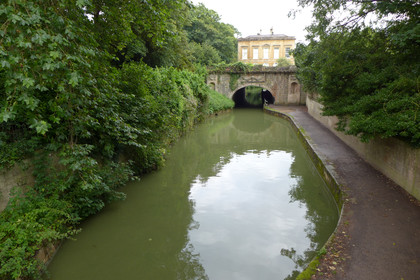
Click here to see the full resolution image
With its 3.7x optical zoom, the Panasonic LX7 is a flexible option for travelling photographers, and its pocketable size makes it a good option for use a second camera.
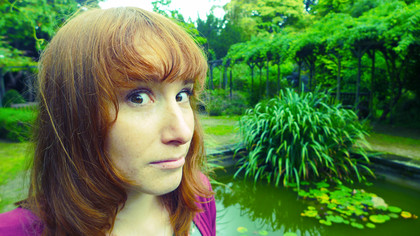
Click here to see the full resolution image
Several digital filters are available for shooting with the Panasonic LX7, including this, which is Cross Processed. You also have the option to customise several of the filters, depending on your preference.
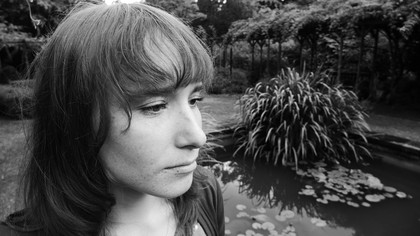
Click here to see the full resolution image
Dynamic Monochrome is another of Panasonic LX7's filters.
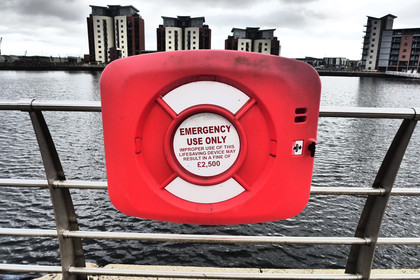
Click here to see the full resolution image
Impressive Art is a filter that gives an HDR-like appearance.

Click here to see the full resolution image
Toy Camera distorts colours and adds a vignette around the edge of the frame.
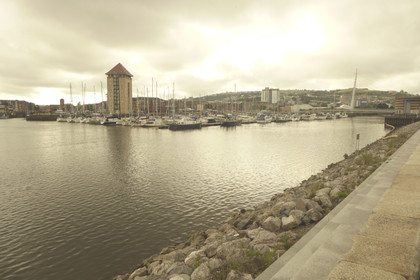
Click here to see the full resolution image
Sepia is another filter that can be used.
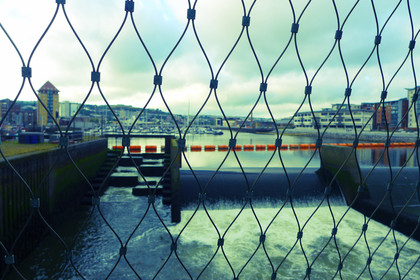
Click here to see the full resolution image
This is an example of different kind of cross processing, where blue tones have been emphasised.

Click here to see the full resolution image
Macro focusing on the Panasonic LX7 is good, it can be selected via a dedicated switch on the side of the lens.
The images below were shot on a pre-production model, and as such we are unable to share the full resolution image.
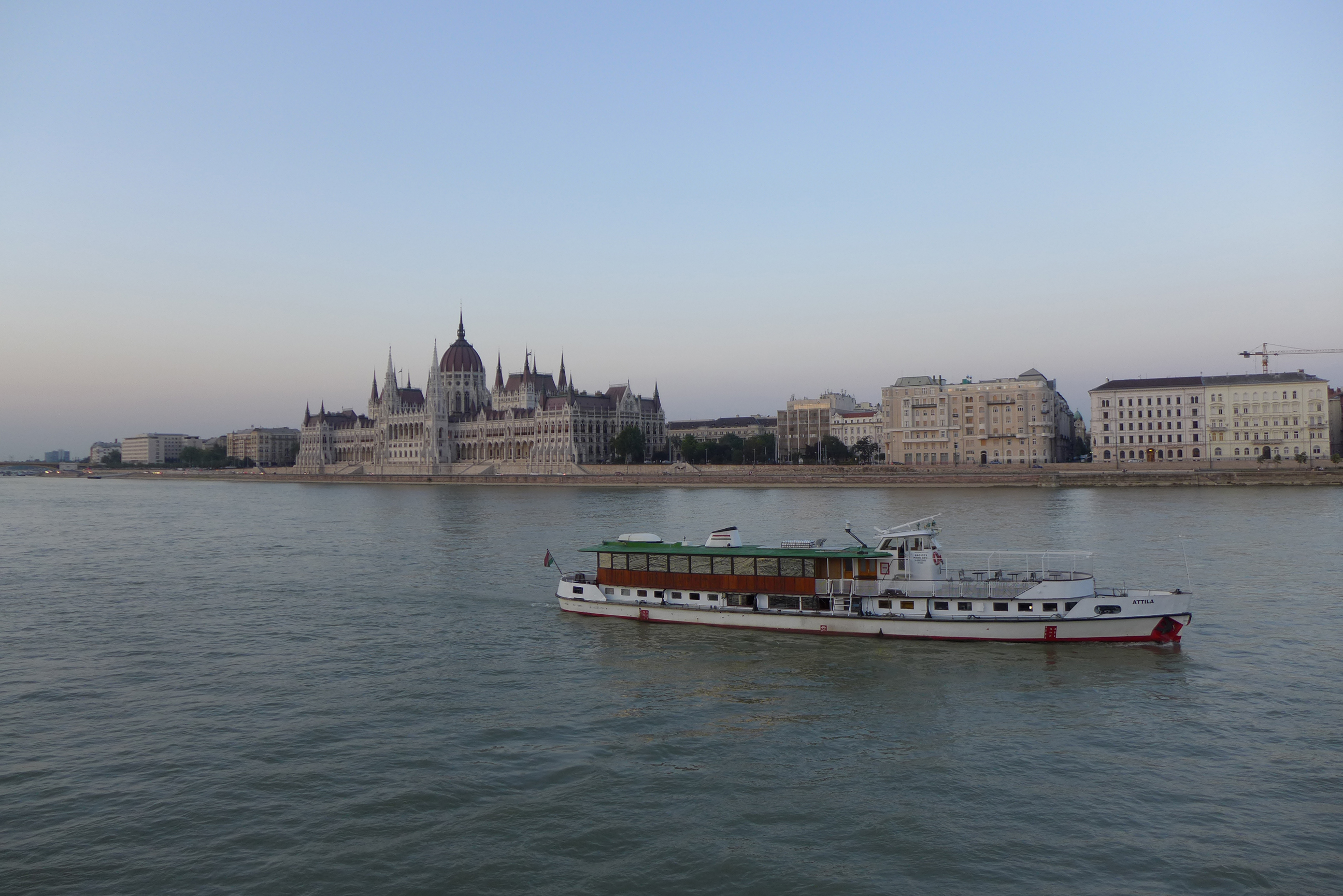
Colours look natural from the LX7, they are bright and punchy without being overly vibrant.
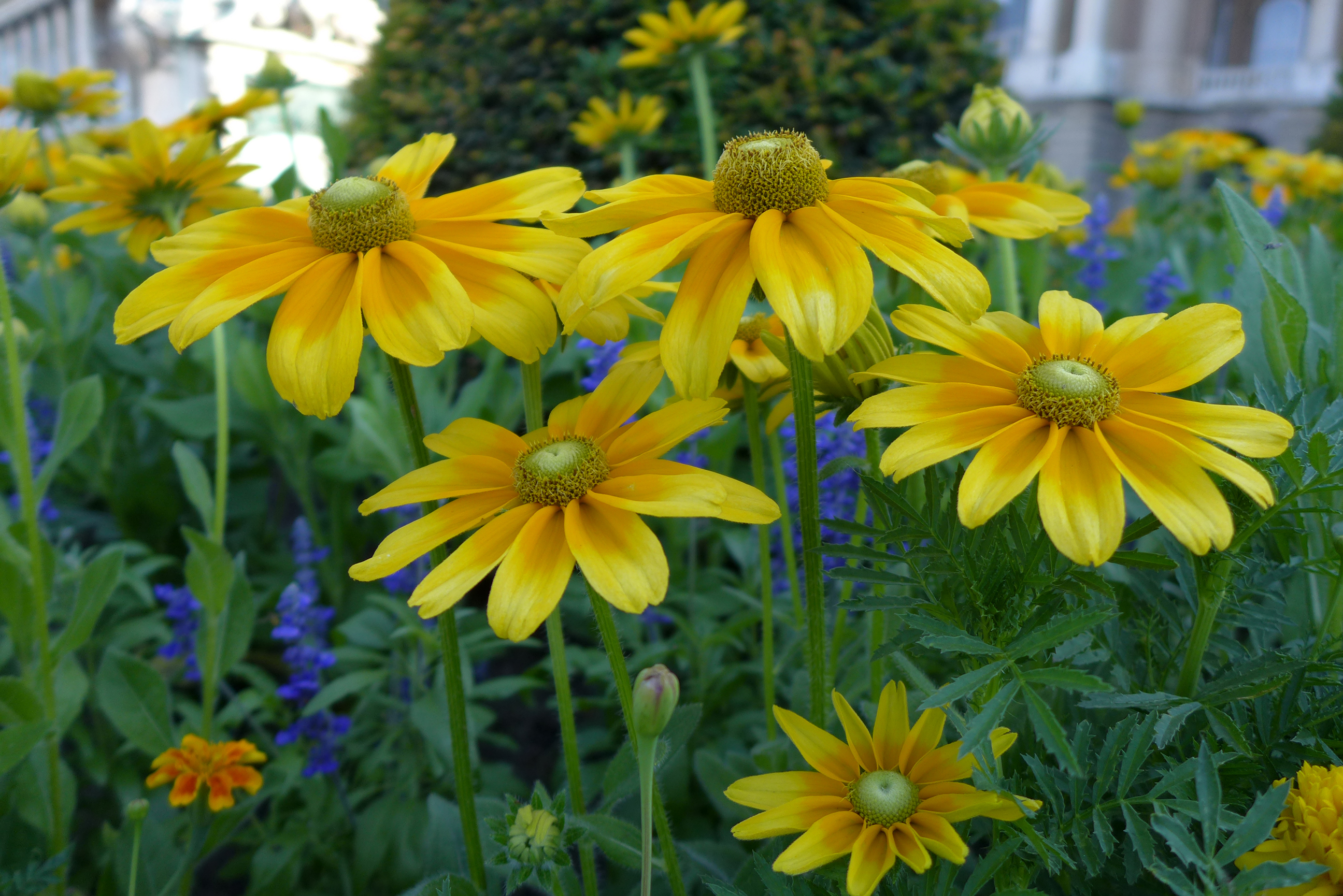
Lots of detail can be captured with the LX7's 10 million pixel sensor, while a macro mode is included for capturing close-up images.

As on Panasonic's G series of compact system cameras, the LX7 has a number of creative filters which can be deployed, including this cross processed effect.
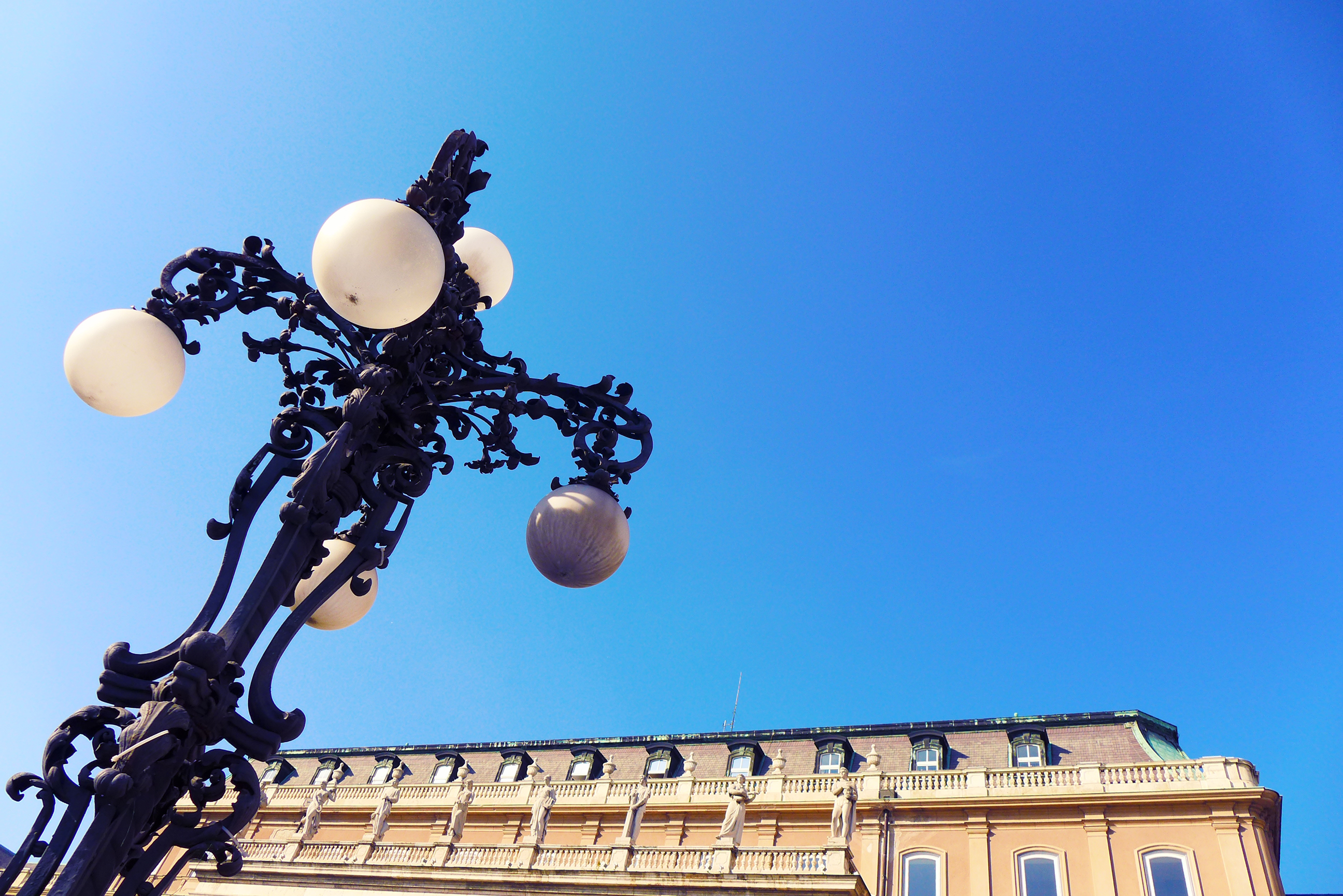
The LX7 has a wide angle lens, which allows you to get lots in the scene.
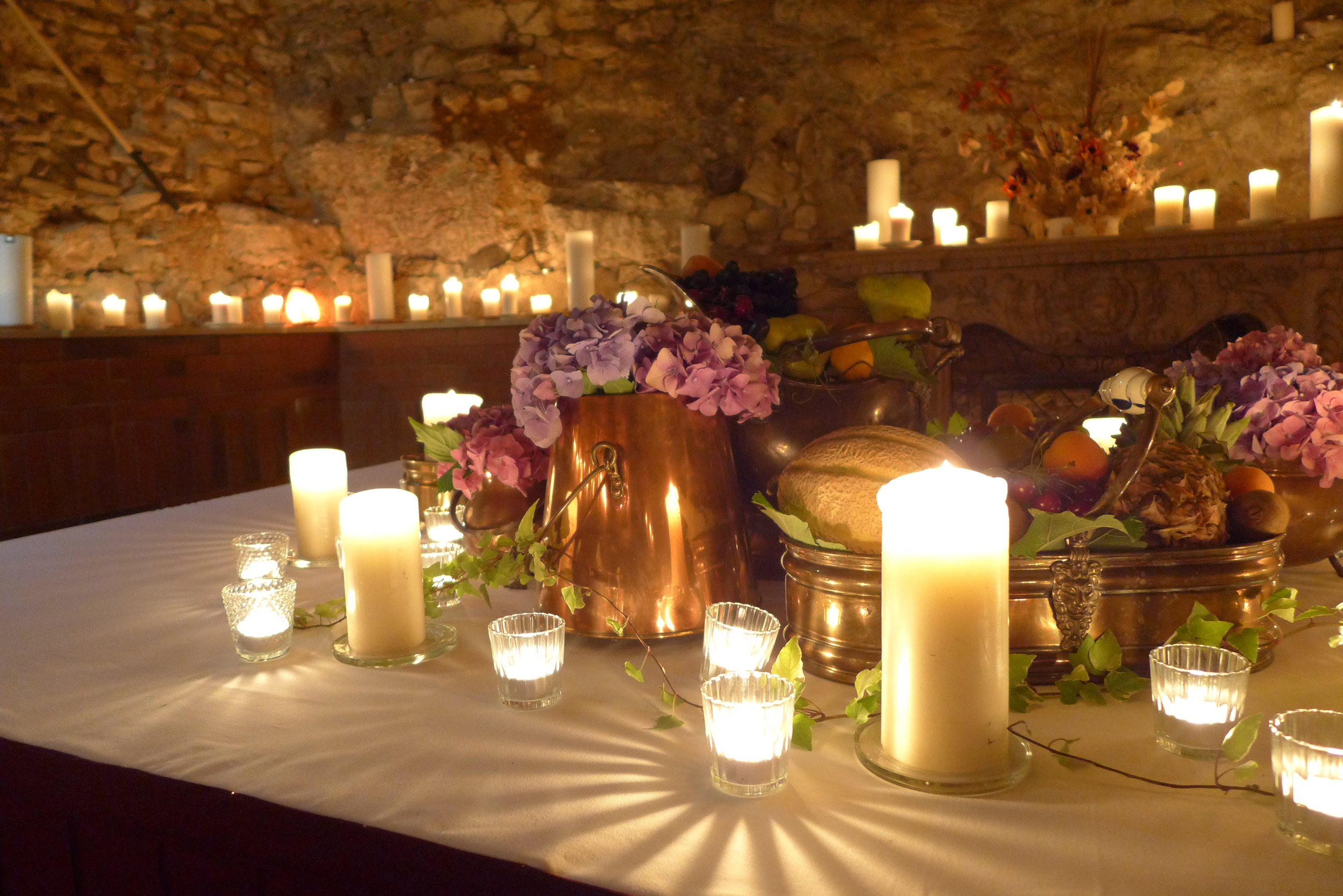
The LX7 copes well in low light conditions, thanks to the f/1.4 lens. Auto white balance has also done an excellent job of keeping colours accurate and natural looking too.
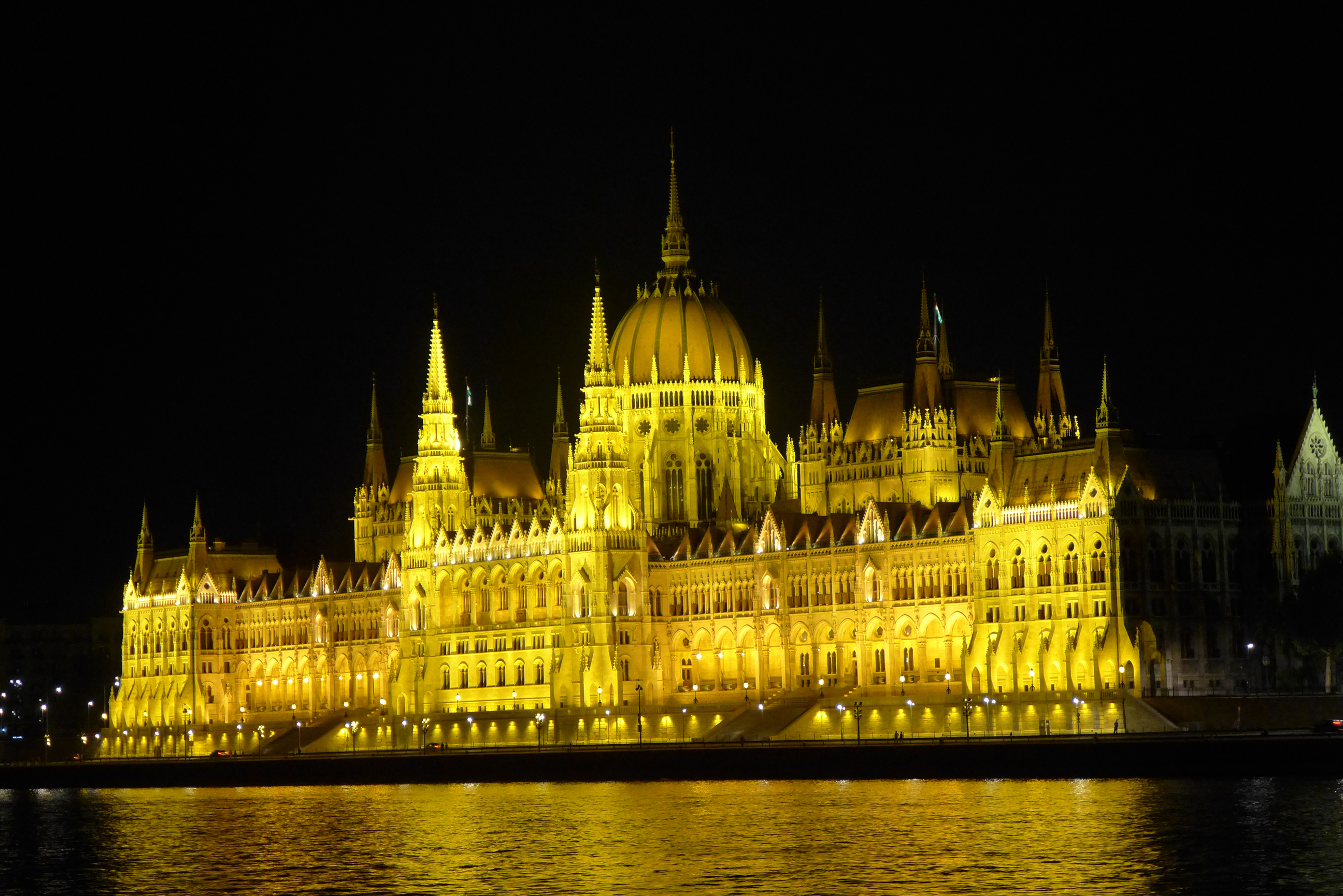
The LX7 has a maximum aperture of f/2.3 at the telephoto end of the lens, which was used here. It is this which Panasonic says sets it apart from competitors including the Sony RX100.
Amy has been writing about cameras, photography and associated tech since 2009. Amy was once part of the photography testing team for Future Publishing working across TechRadar, Digital Camera, PhotoPlus, N Photo and Photography Week. For her photography, she has won awards and has been exhibited. She often partakes in unusual projects - including one intense year where she used a different camera every single day. Amy is currently the Features Editor at Amateur Photographer magazine, and in her increasingly little spare time works across a number of high-profile publications including Wired, Stuff, Digital Camera World, Expert Reviews, and just a little off-tangent, PetsRadar.
